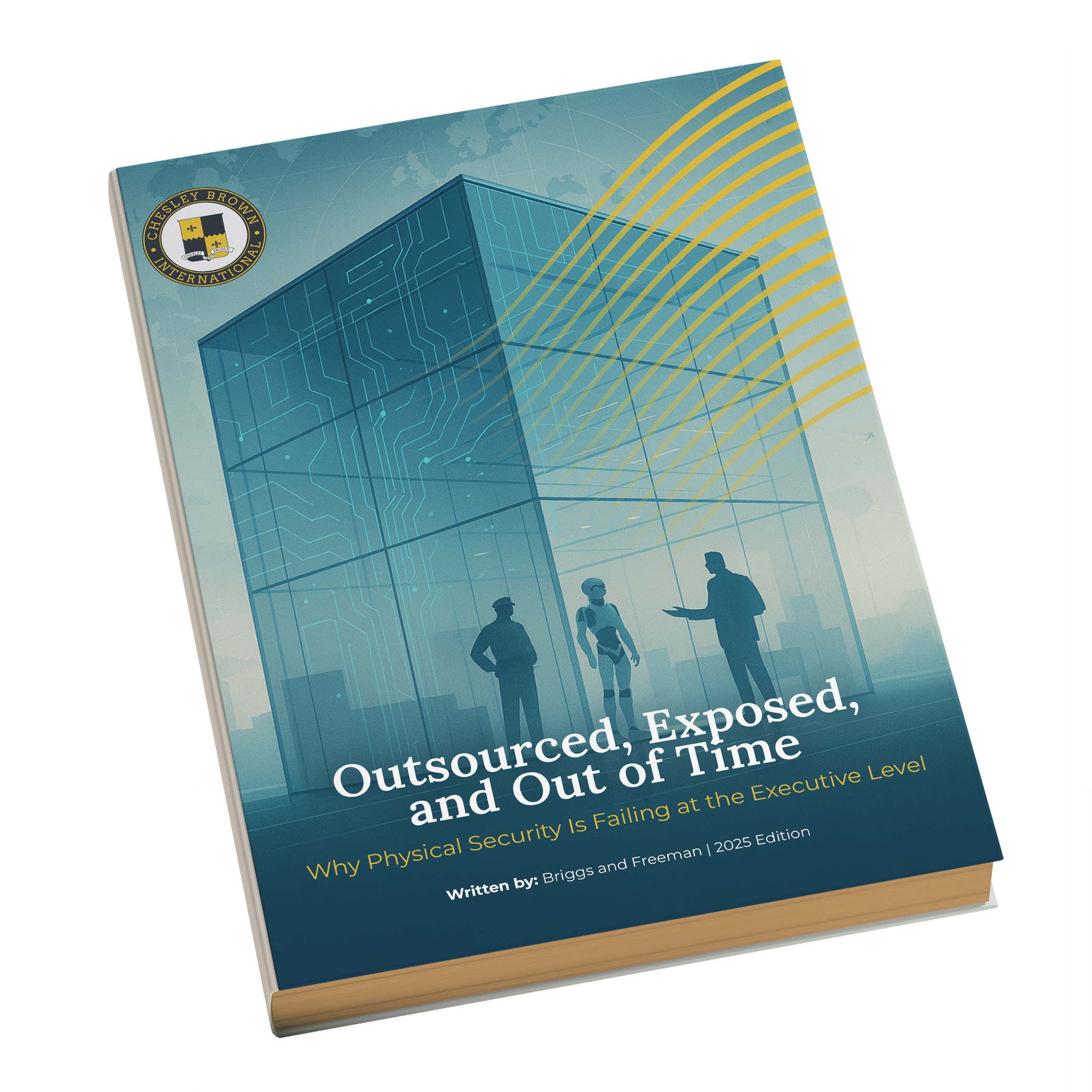3 practical ways to stay safe in 2020
We’ve all heard humorous holiday tales. They make for great entertainment around the table during a turkey dinner. You know the stories–e.g., the time Uncle Frank fell off of the roof into a snowbank while putting up holiday lights. Unfortunately, these hijinks are not always so innocent. That’s why we’ve put together this guide to holiday safety tips.
According to the National Crime Victimization Survey (NCVS), theft and personal larceny increase by 20% during the month of December. Additionally, due to the high volume of online sales during the holiday season, it’s important to consider the risk of phishing attacks and cyber crimes during the holidays.
So what can you do to ensure holiday safety in 2020?
Let’s take a look at three holiday safety tips!
1. Prevent holiday porch pirating
Holiday gift exchanges are a time-honored tradition. One that brings joy to the hearts of children and adults alike. Therefore, it’s a must that you protect your gifts.
Porch pirates are individuals who steal packages from, you guessed it, porches. So how can we prevent this from happening?
- Arrange packages to be delivered when you know you will be home. An opportunistic thief loves to take advantage of work hours. Therefore, arrange for deliveries to arrive early in the morning or evening.
- Deliver packages to a trusted family member or friend. If you’re busy like most professionals, there may not be a time you are guaranteed to be home. Instead, have the package delivered to your retired parents’ home. They are not working, and their schedule is more flexible. Or maybe a self-employed friend working from home would be willing to accept packages on your behalf. Consider alternative delivery options.
- Hold your packages at the local post office. If neither of the above options work consider keeping your packages at the local post office during the holiday months. Make arrangements to pick up your packages on the weekend when you have some down time.
- Require a signature. Request that all delivery services require a signature. This guarantees that someone will be home when a package arrives.
- Install a lock box on your porch. Finally, if you would like to avoid the hassle of having to pick up your packages and you there’s not a convenient delivery time, consider purchasing a lock box for the holidays. These devices can be mounted to your porch and require a combination or key to be opened. The trouble with this method is that it requires the delivery person to have access. It may be difficult to ensure that all delivery people are able to access the box. If you decide to go with this option, be sure to communicate the necessary information to delivery personnel.
So you’ve taken the steps to ensure that your goods are safe upon delivery. What’s next?
Let’s look at the next holiday safety tips!
2. Minimize the risk of home invasion during the holidays.
After deciding to protect packages delivered outside of your home, the next step is to protect what’s inside. In many places, home invasions and burglaries increase during the holiday months.
What are some tips to prevent a home invasion during the 2020 holiday season?
- Add physical protection. Consider adding deadbolt locks to your doors. You can easily install an old-fashioned metal deadbolt, or for added protection, consider digital locks. Insert a wooden or metal bar behind sliding doors to add an additional layer of protection. This will make it more difficult for intruders to get into your home or property. Be sure to check that all doors and windows are locked when leaving the house or going to bed. Finally, when leaving, close your blinds to prevent a survey of what’s inside of your home.
- Consider security systems. In the digital age, security systems are becoming increasingly more affordable. Consider purchasing one to ensure that your home is theft-proof during this holiday season. If a new security system is not in your budget, consider decoys. For instance, you can purchase fake cameras for around $20. The appearance of cameras is often enough to persuade would-be home invaders to move on.
- Install timers. Smart-home products are becoming more affordable and popular as the technology improves. Consider installing a timer to control when the lights turn on and off. When you are away, keep a few lights on in the home. You can randomly assign lights to come on throughout the day. This will help convince burglars that someone is home, lessening the likelihood that they will enter.
The more difficult it is to get into a home, the less likely it is that an intruder will put in the effort. Taking a proactive approach is essential. Decrease your chances of being a victim of home invasion by implementing these simple strategies.
You’ve taken the necessary steps to protect your physical property. But what can you do about your digital assets?
Let’s consider our next holiday safety tip.
3. Ensure safety of personal information and digital assets when doing holiday shopping.
Due to the high volume of sales during the holiday season, it’s no surprise that cyber criminals target online retailers. But there’s good news. With careful planning, you can prevent serious cyber crimes from happening. Consider the following strategies to protect your assets and ensure a safe holiday in 2020.
- Increase password security. This is the low-hanging fruit of cyber security. Too many people use the same, easy to guess, password across all of the websites they visit. Yet, one of the easiest ways to protect yourself online is to use a password management service. These apps work by generating a random, difficult to guess, password for each site you visit. The app remembers each password and automatically generates them as you visit different sites.
- Multi-step verification. Increasingly, sites are asking customers to verify their identity via a 2 or 3 step process. This typically involves entering a password and receiving a secondary code through text or email. This code is then entered into a field before access to the account is permitted. If 2 or 3 step verification is an option, use it. This process is a proven way to prevent cyber crime. It may seem like extra work, but it will pay off in the long run.
- Be aware of phishing. Phishing can take on many forms. For example, phishers sometimes design websites resembling reputable online retailers to steal credit card information. Therefore, pay close attention to the url and features of the site you are buying from. If you are unsure, buy from a more trusted source. Be wary of email requests asking for personal information. And if your business deals with a high volume of online sales, consider hiring a cybersecurity professional.
- Be aware of sniffing. Sniffing is the injection of malicious code into payment pages. The code lifts customer credit card information. It can be difficult to detect when this is occurring and the damage to both personal and professional assets can be substantial. Luckily, putting a crisis management plan in place can go a long way in minimizing the damage.
Conclusion
We all look forward to sitting around the dinner table listening to Uncle Frank’s holiday zingers. This year, do so with peace of mind, knowing that you considered these three holiday safety tips.
But we understand that you can’t anticipate every outcome. That’s why we’ve built a framework that teaches businesses how to anticipate and navigate risk before it becomes a crisis.
For more information about how our team of experts can help you, let’s talk.
Sign up!
For industry-leading guides and analysis sign up for our blog below.
Latest News
From Headlines to Early Warnings: How Real-Time Intelligence Shields Organizations From Tomorrow’s Crises
At 8:11 a.m., the regional COO’s phone lit up with a text from a site manager: “There’s a crowd forming outside the Atlanta distribution center – looks like a protest.” By the time the security…
The IoT Security Nightmare: Why Smart Buildings Are a Hacker’s Playground
Picture the Scene On a Tuesday morning in downtown Chicago, tenants in a new office tower swipe their badges at the glass entrance doors. Inside, the lobby lighting adjusts automatically to the growing crowd. Elevators,…
Why Rooftop Access Control Should Be Standard Practice at Outdoor Events
Lessons Unlearned, Countermeasures Unmeasured Written By: Max Briggs, Vice President, Chesley Brown International The first rule of open-air event security sounds simple: control what you can see, and see what you can’t control. In practice,…
White-Collar Crime: How to Detect and Prevent Fraud in Your Business
Fraud rarely announces itself with flashing lights. It works quietly, exploiting gaps in oversight, trust, and accountability until the numbers no longer add up. In 2023, a regional finance firm learned this lesson the hard…
From Ports to Warehouses: Securing the Supply Chain in 2025
Summary: The Human Side of a Global Problem It started with a call just before sunrise. A regional operations manager learned a high-value shipment never made it from the port to the warehouse. The truck…







